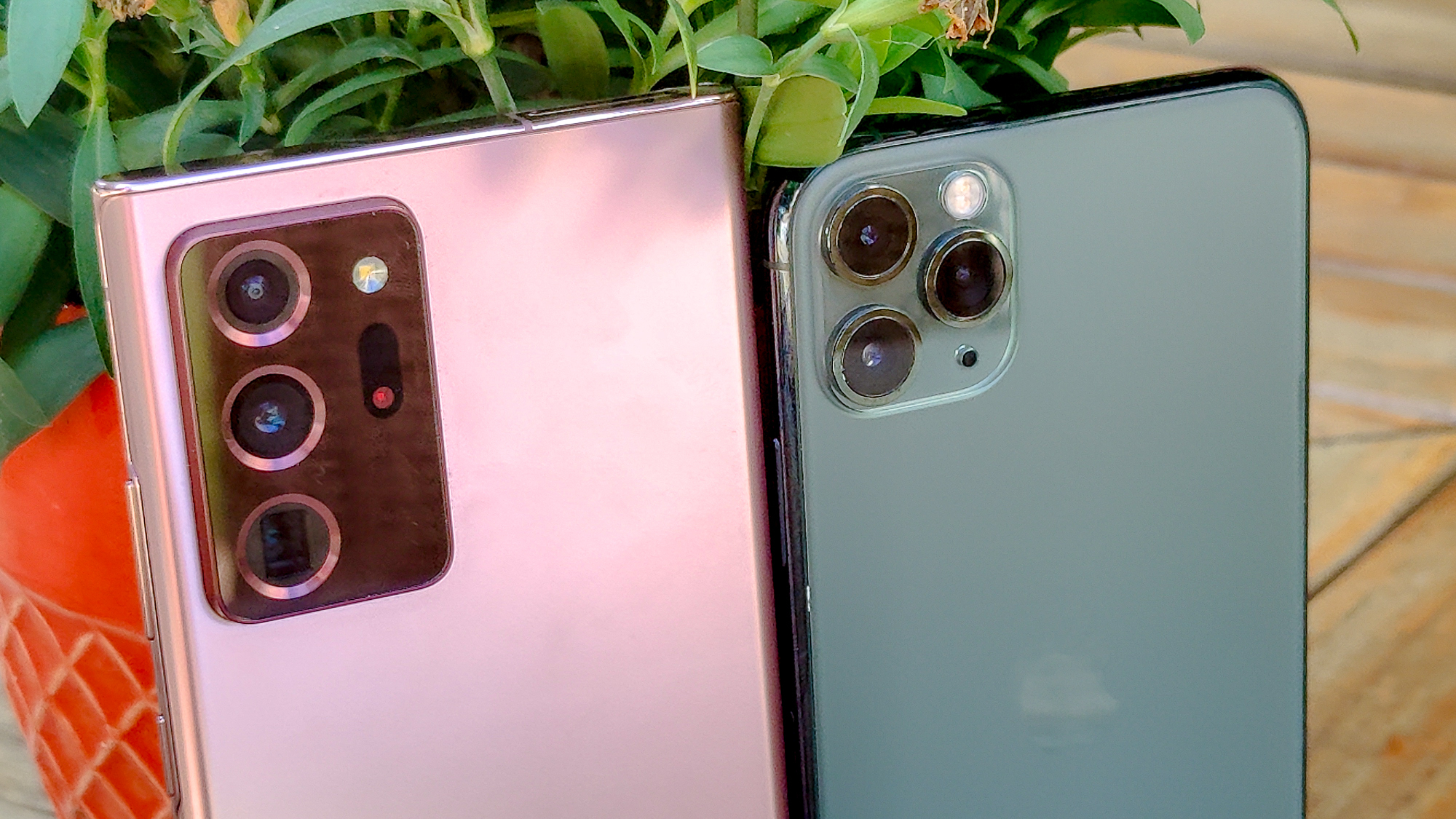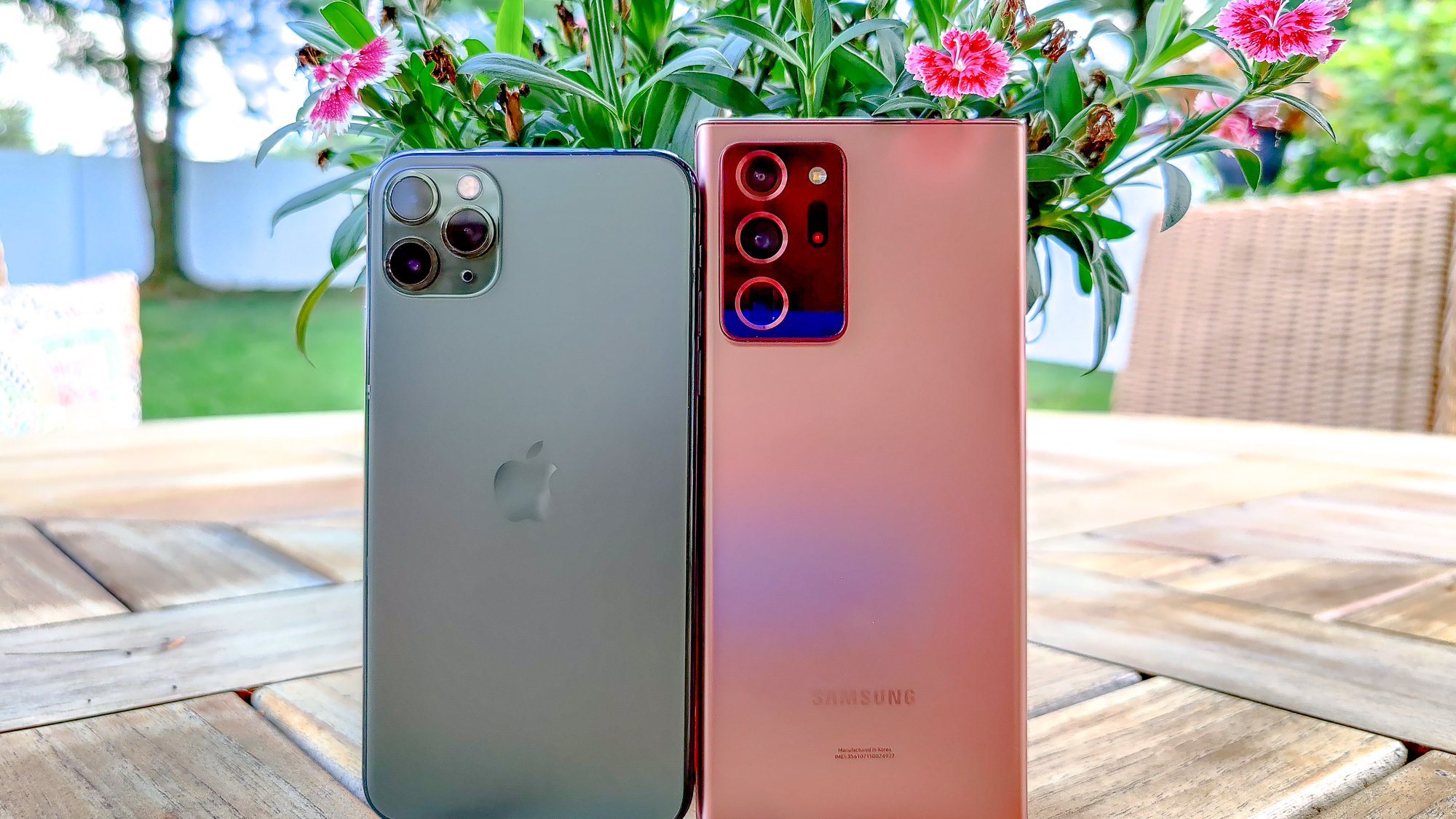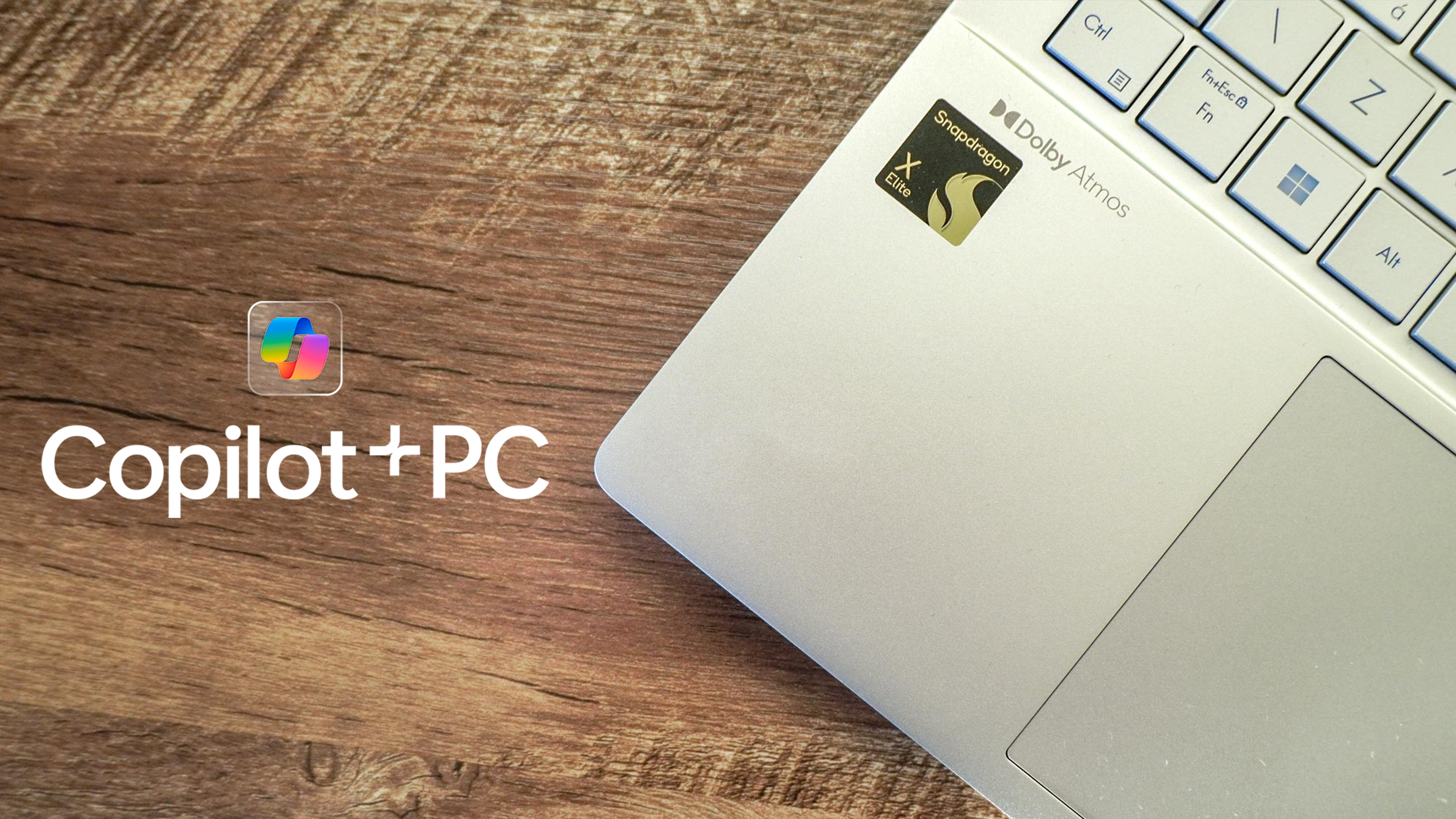Galaxy Note 20 Ultra vs iPhone 11 Pro Max: Camera shootout
The Galaxy Note 20 and iPhone 11 Pro Max both take great pictures, but which phone has the best cameras?

Here at Tom’s Guide our expert editors are committed to bringing you the best news, reviews and guides to help you stay informed and ahead of the curve!
You are now subscribed
Your newsletter sign-up was successful
Want to add more newsletters?

Daily (Mon-Sun)
Tom's Guide Daily
Sign up to get the latest updates on all of your favorite content! From cutting-edge tech news and the hottest streaming buzz to unbeatable deals on the best products and in-depth reviews, we’ve got you covered.

Weekly on Thursday
Tom's AI Guide
Be AI savvy with your weekly newsletter summing up all the biggest AI news you need to know. Plus, analysis from our AI editor and tips on how to use the latest AI tools!

Weekly on Friday
Tom's iGuide
Unlock the vast world of Apple news straight to your inbox. With coverage on everything from exciting product launches to essential software updates, this is your go-to source for the latest updates on all the best Apple content.

Weekly on Monday
Tom's Streaming Guide
Our weekly newsletter is expertly crafted to immerse you in the world of streaming. Stay updated on the latest releases and our top recommendations across your favorite streaming platforms.
Join the club
Get full access to premium articles, exclusive features and a growing list of member rewards.
The Samsung Galaxy Note 20 Ultra is one of the most versatile camera phones yet, but can it take down the iPhone 11 Pro Max?
The Note 20 Ultra comes to this fight with three rear cameras, including a 108-megapixel main wide-angle camera, a 12MP ultra-wide camera and a 12MP telephoto lens with 5x optical zoom and 50x Space Zoom. Samsung also includes a laser auto focus sensor along with a 10MP selfie shooter.
- Samsung Galaxy Note 20 Ultra review
- What we know about the new iPhone 12
- Plus: Forget Galaxy Note 20 — this rival could be just as powerful for half the price
Apple's iPhone 11 Pro Max answers back with a triple rear camera array consisting of 12MP wide camera, 12MP ultra-wide camera and 12MP telephoto lens that can achieve 2x optical and 10x digital zoom. And this phone has some special photo features of its own, including Deep Fusion for better detail and next-gen Smart HDR.
We pitted these handsets against each other in several rounds of competition in our Galaxy Note 20 vs iPhone 11 Pro Max camera face-off to see which is the best camera phone you can buy.
Galaxy Note 20 Ultra vs iPhone 11 Pro Max: Flower
The Galaxy Note 20 Ultra starts out strong with this comparison of a flower taken outdoors. The red in the petals is closer to real life, while the iPhone 11 Pro Max's shot introduces more violet. The white balance also looks a bit better in the Note's shot and I like the bokeh effect more.
To the iPhone's credit, the white area of the flower pops a bit more against the background, and the background is more in focus. But overall the Note 20 wins this round.
Winner: Galaxy Note 20 Ultra
Get instant access to breaking news, the hottest reviews, great deals and helpful tips.
Galaxy Note 20 Ultra vs iPhone 11 Pro Max: Night mode
It's no contest here. The iPhone 11 Pro Max produces a brighter shot, as you can make out the basket more clearly as well as the fruit inside. The lemon and especially the apples down below are less visible in the Galaxy Note 20 Ultra's photo.
Winner: iPhone 11 Pro
Galaxy Note 20 Ultra vs iPhone 11 Pro Max: Pond
The Galaxy Note 20 Ultra and iPhone 11 Pro Max both captured detailed photos of this manmade pond with fish swimming about. However, the shrub on the right looks more natural in the iPhone's shot and the stone has more gradations in color. The Note 20 Ultra's pic is brighter, though, and I like how the waterfall pops with greater contrast in Samsung's pic.
Winner: Draw
Galaxy Note 20 Ultra vs iPhone 11 Pro Max: 10x zoom
This is where the Galaxy Note 20 Ultra pulls ahead. It offers a 5x optical zoom and a 10x hybrid optical zoom that delivers a considerably sharper image than what the iPhone 11 Pro Max can muster with its 10x purely digital zoom. You can make out more detail in the tree that straddles this creek, as well as in the surrounding leaves and the pebbles in the foreground.
The iPhone 11 Pro Max manages to not blow out some of the sunnier highlights, which the Note 20 Ultra does, but overall Samsung's more powerful optical zoom easily wins here.
Winner: Galaxy Note 20 Ultra
Galaxy Note 20 Ultra vs iPhone 11 Pro Max: Portrait
The Live Focus mode on the Galaxy Note 20 Ultra is plenty capable, as it delivered a good bokeh effect on this portrait my daughter snapped of me in a nearby park. You can make out the stubble in my face, and my blue shirt pops.
The iPhone 11 Pro Max captured a warmer portrait with more even lighting overall, and you can see it does a better job handling the sunlight bouncing off my right arm. But the iPhone's photo also looks a bit too warm. Still, of the two shots, I would rather share the iPhone's pic.
Winner: iPhone 11 Pro Max
Galaxy Note 20 Ultra vs iPhone 11 Pro Max: Produce
This round is not that easy to call. The Galaxy Note 20 Ultra delivers punchier colors overall, especially in the the green, orange and red peppers. But once again the iPhone 11 Pro Max produces more natural-looking hues along with more detail when you zoom in. There's more of a sheen on all of the peppers in the iPhone's shot, and the ivory peppers in particular have more contrast versus the Note 20. The wooden cases also look sharper with the iPhone's camera.
Winner: iPhone 11 Pro Max
Galaxy Note 20 Ultra vs iPhone 11 Pro Max: Selfie
Samsung's phones have a tendency to smooth faces, and that's certainly the case here with this Note 20 Ultra selfie. My face is a bit too bright and somewhat washed out, like a softening beauty filter has been applied. The iPhone 11 Pro Max's selfie looks more realistic. In addition, the creek and grass in the background look sharper on the iPhone, with more detail in the highlights as well.
Winner: iPhone 11 Pro Max
Galaxy Note 20 Ultra vs iPhone 11 Pro: Special features
The Galaxy Note 20 Ultra has a couple of special camera features that really stand out versus the iPhone 11 Pro Max. The first is Space Zoom, which goes up to 50x. Check out this tweet to see how the Note 20 Ultra allowed me to zoom all the way in on a fish market sign from across the highway. The iPhone 11 Pro simply can't do this.
The power of 50x zoom. Its kind of scary. #GalaxyNote20Ultra pic.twitter.com/LpGPCuzyzGAugust 18, 2020
The Galaxy Note 20 Ultra also benefits from having a 108MP main sensor. It's really designed to be used when you're outdoors but it gives you a lot of creative freedom to crop in on a photo after you shoot. The iPhone 11 Pro Max has a 12MP main sensor, so you can't pull something like this off.


The iPhone 11 Pro has a pretty cool photo feature of its own in Deep Fusion, which captures many exposures in quick succession before sifting through each one pixel-by-pixel to produce an optimized result.
It's not a dramatic difference, but you can see that Deep Fusion delivers more texture and detail in the hoodie, shirt and in the surrounding faux brick wall. You can also make out more of the subject's stubble with Deep Fusion on.
Galaxy Note 20 Ultra vs iPhone 11 Pro Max: Verdict

The iPhone 11 Pro Max wins more rounds in this contest and overall it captured better looking images in different lighting conditions. The iPhone tends to deliver more realistic colors, while the Galaxy Note 20 Ultra leans toward more saturated hues, so which you prefer may depend on your tastes. I personally like the iPhone 11 Pro for portraits and selfies, and its Night mode is more effective.
Where the Galaxy Note 20 Ultra pulls ahead is with its 108MP sensor (which is great for cropping after the fact) and especially its more powerful zoom. The iPhone 11 Pro Max simply can't go as far as the Samsung, although the upcoming iPhone 12 Pro could narrow that gap with a telephoto that cuts in closer.
This Galaxy Note 20 Ultra vs iPhone 11 Pro Max face-off is very close, but overall the iPhone wins for image quality and the Note for its versatility.
Mark Spoonauer is the global editor in chief of Tom's Guide and has covered technology for over 20 years. In addition to overseeing the direction of Tom's Guide, Mark specializes in covering all things mobile, having reviewed dozens of smartphones and other gadgets. He has spoken at key industry events and appears regularly on TV to discuss the latest trends, including Cheddar, Fox Business and other outlets. Mark was previously editor in chief of Laptop Mag, and his work has appeared in Wired, Popular Science and Inc. Follow him on Twitter at @mspoonauer.
 Club Benefits
Club Benefits











